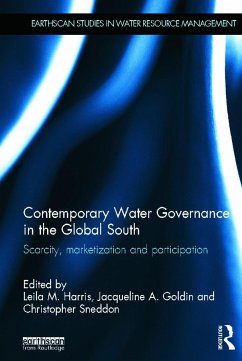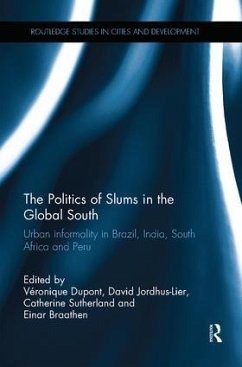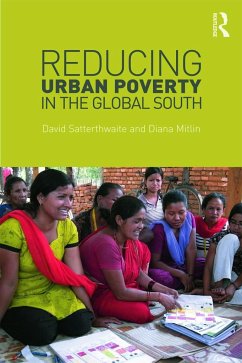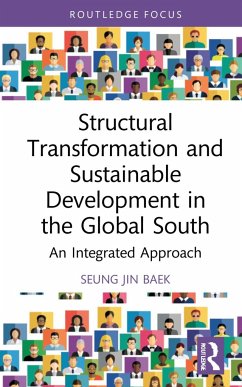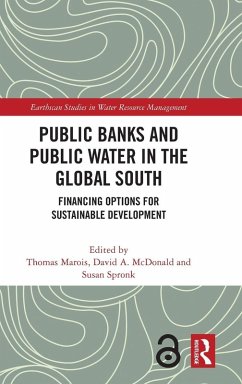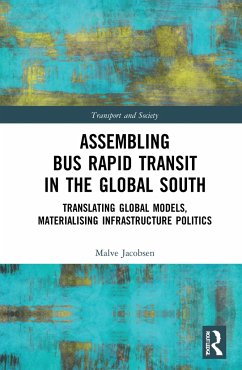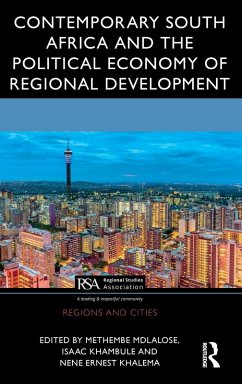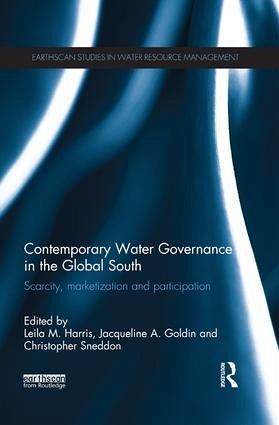
Contemporary Water Governance in the Global South
Scarcity, Marketization and Participation
Herausgeber: Harris, Leila M.; Sneddon, Christopher; Goldin, Jacqueline A.
Versandkostenfrei!
Versandfertig in 1-2 Wochen
60,99 €
inkl. MwSt.

PAYBACK Punkte
30 °P sammeln!
This book focuses on three major concepts and approaches that have gained currency in policy and governance circles, both globally and regionally-scarcity and crisis, marketization and privatization, and participation. It provides a historical and contextual overview of each of these ideas as they have emerged in global and regional policy and governance circles and pairs these with in-depth case studies that examine manifestations and contestations of water governance internationally.





